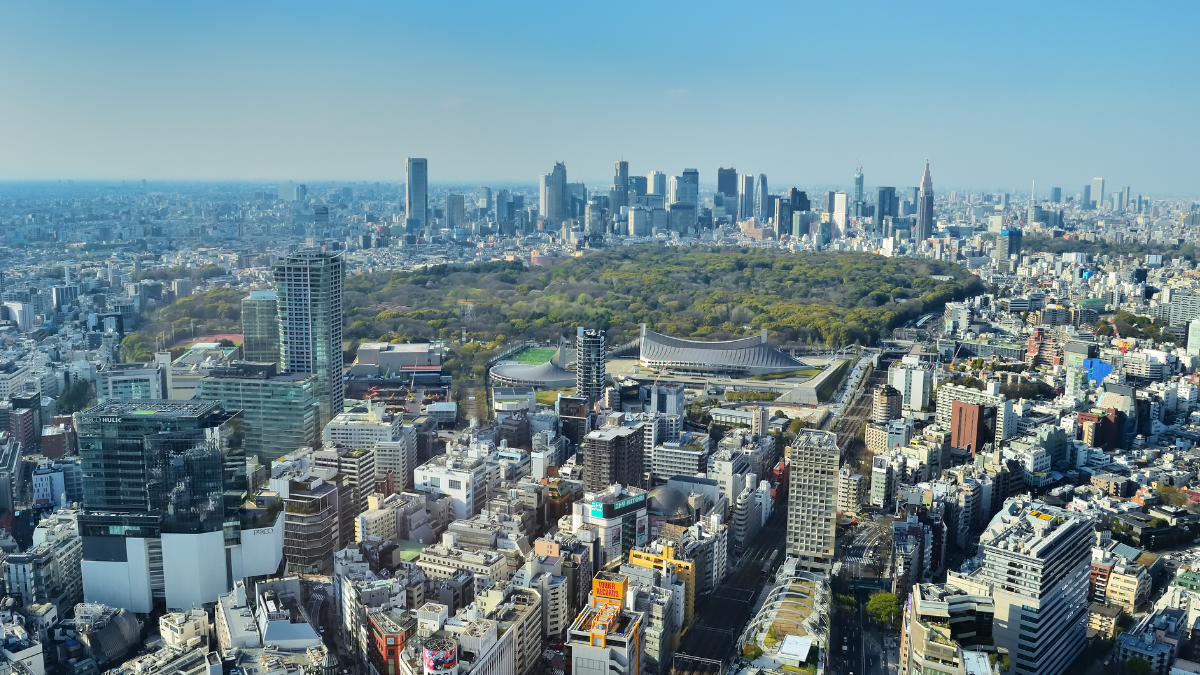2021.12.03
日本の不動産投資にかかる税金は?②売買編
In Chapter 1, we introduced the tax aspects of owning and letting a property in Japan. In Chapter 2 we will elaborate common taxes that overseas investors need to be considered when buying and selling a property.

目次
Taxes Involved in Buying a Property
Real Estate Acquisition Tax
Overseas investors are required to pay a lump-sum real estate acquisition tax to local governments that are determined based on the locations of their purchased properties. The real estate acquisition tax is calculated by (the valuation of the property – tax allowance) x tax rate. In Japan, local governments are responsible for the valuation assessment of the properties. The certificate of the fixed asset valuation can be viewed and obtained by submitting a request to the city offices. The tax rate for land and residential properties is 3%, while the tax rate for non-residential properties is 4%. In addition, investors receive tax deductions under the circumstances listed below.

Registration and License Tax
Some registration procedures are involved in the process of property transactions in Japan, resulting in the tax registration requirements. When buying a newly built property, investors need to pay the registration tax for the property ownership and the tax rate is 0.4%. When buying an existing property, they then need to pay the registration tax for the property ownership transfer and the tax rate is 2%. In either case, the registration tax for land ownership transfer of land ownership is required and the tax rate is 2%, but that tax rate has been reduced to 1.5% until Mar 31, 2023. Similar to real estate acquisition tax, these three taxes are calculated based on the valuation of the property.
It is worth noting that for properties that are for own use, have size of 50㎡~240㎡, meet other set criteria such as Seismic Standard, their buyers can enjoy a variety of tax preferences*. For example, registration tax for the ownership of the new build is reduced to 0.15%, that for the ownership transfer of existing properties is reduced to 0.3% and that for the ownership of the qualified low-carbon new build is lowered to 0.1%. What’s more, overseas investors who buy the properties with mortgage loans need to pay the tax of registering the financial institutions to be their mortgagees, the tax rate is 0.4%. Similarly, for properties that are for own use and fulfil other set criteria, the tax rate is down to 0.1%.
*Preferential rates of registration and license tax updated to Apr 1, 2021
Stamp Tax
Stamp tax is a national tax levied by affixing the revenue stamp on documents such as real estate sale and purchase agreement. The tax amount is subject to the purchase price.

*Preferential rates of stamp tax updated to Apr 1, 2021
In addition to the above three taxes, if the seller is engaged in real estate business or is a corporation, the buyer needs to pay consumption tax. The agency fee to the real estate agent is also required to pay consumption tax.
Taxes Involved in Selling a Property
Capital Gain Tax
Capital gain tax is imposed on the gains from sales of properties. The tax rate depends on the holding period. If the holding period is less than 5 years, the tax rate is 30.63%. If the holding period is within 5 to 10 years, the tax rate is 10.21%. If the holding period is longer than 10 years, the tax rate is 10.21% for properties priced JPY60 million or less and is 15.315% for properties priced JPY60 million or more. For investors living outside Japan, they are not required to pay residence tax on the gains from sales of properties.
Moreover, there is a special capital gain tax allowance of JPY30 million for the sale of property for own use.
Registration and License Tax
While the property sale requires the seller to register for ownership transfer of the property and land, resulting in registration tax payment, it is not uncommon that the buyer bears the full amount of the registration tax payment. For details of the registration tax rate, please refer to the relevant paragraph above.
Stamp Tax
The seller is obligated to pay the stamp tax for the real estate sales and purchase agreement. For details of the stamp tax rate, please refer to the relevant table above.
After purchasing Japanese properties, overseas investors can delegate WealthPark to be their Property Manager as well as tax representative to handle the tax payments. Foreign investors can also entrust WealthPark to introduce the tax accountant to assist in the declaration of the capital gain tax, but it should be noted that investors can only appoint one tax accountant to file tax returns for all of their income.
Tax Implications Chapter 1. Owning a Property in Japan
—
WealthPark is a real estate technology company that provides online and offline asset management services for overseas investors with properties in major cities of Japan, including Tokyo, Osaka, Yokohama, Nagoya, Kyoto, Fukuoka, and Sapporo.
WealthPark partners with real estate brokers, real estate developers and technology companies in order to provide investors with comprehensive asset management and property transaction services. WealthPark will continue to expand its digital platform to create user experience.
Contact Us: https://wealth-park.com/en/asset-management/#hsforms










